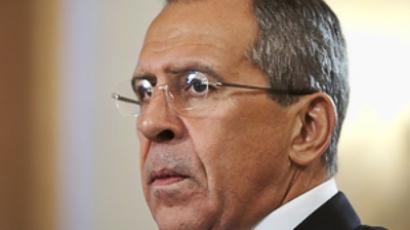US Senate committee addresses New START and Iran sanctions
US Secretary of State Hillary Clinton has announced that all major members of the UN Security Council have agreed on a new round of sanctions against Iran.
This announcement comes a day after Iran made a deal with Turkey and Brazil that would see low-enriched uranium shipped from Iran to Turkey. The deal between Iran and Turkey was similar to one proposed by the West and its allies last year, but its reception has been tepid.
Peter Crail, a research analyst with the Arms Control Association says the proposed deal is no excuse to abandon dialogue with the Iranians and the International Atomic Energy Agency.
The Uranium-swap is a “confidence building measure in order for Iran to show we don’t need this material in order to build weapons,” said Crail.
Clinton's announcement on the sanctions came as the US Senate Foreign Relations Committee discussed the New START Treaty between the US and Russia.
Committee Republicans have expressed concerns over the treaty’s implication on the reliability of the US nuclear arsenal and missile defense.
“The concerns that were raised were fairly vague, because there really isn’t much language in the treaty on missile defense”, said Crail. “Some of the concerns raised were that the United States may be restrained in any future missile defense programs, but what we saw from Secretary Gates, from Admiral Mullen and from Secretary Clinton, was to say that there were no constraints.”













